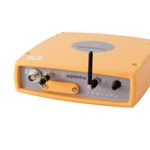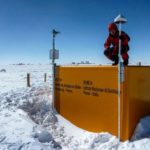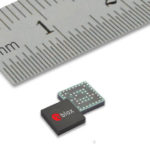
The idea behind GHOST (Galileo EnHancement as BoOster of the Smart CiTies) is simple yet incredibly effective. Instead of requiring heavy investment in new technologies, the consortium makes use of existing public transport solutions and connects them to a web portal by means of a camera equipped with a Galileo receiver. Once set up, the system takes pictures of predefined POIs, sends them to an image processing server that automatically detects anomalies, and reports these anomalies to relevant authorities by means of a web portal. Read more…



